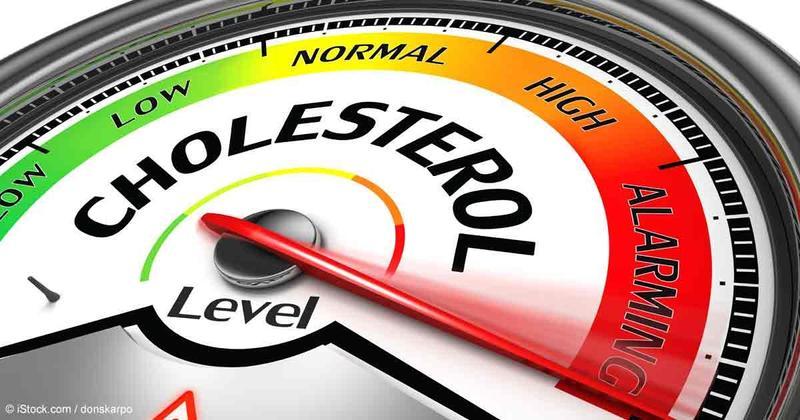What Is Causing My Cholesterol Levels to Be Out of Range?
What Is Causing My Cholesterol Levels to Be Out of Range?

High cholesterol is a condition that often sneaks up on us. There are usually no symptoms associated with it, yet it could contribute to causing cardiovascular disease if left ignored. High cholesterol stems from either something wrong with the way cholesterol is being made in your body or certain things we are doing in our everyday life to affect it.
The liver is the main organ of the body that makes cholesterol.
While having high total cholesterol levels is not healthy, your body needs still needs some cholesterol to perform many biological functions, such as making hormones (like estrogen or testosterone) and providing structure to cells. In fact, your liver makes most of the cholesterol your body needs on a daily basis.
However, cholesterol levels can also be affected by outside factors, too – including your diet and certain lifestyle factors.
Although there are different types of cholesterol, there are two main types of cholesterol that are commonly considered when assessing your risk for cardiovascular disease: LDL cholesterol and HDL cholesterol. For instance, studies have shown that an increase in LDL cholesterol and lowered HDL cholesterol can raise your risk of having a heart attack or stroke if left untreated.
There are many factors that can cause your cholesterol levels to go out of range.
Some of these factors are unhealthy habits that are within your control. Unfortunately, some of these factors you may have no control over and may require your healthcare provider to help you bring your cholesterol levels back within healthy range.
Your Diet
The foods that you eat may adversely affect your cholesterol levels.
A diet that is high in saturated fat, trans fat, and refined sugars can all adversely affect your cholesterol levels by causing your LDL cholesterol levels to increase and your HDL cholesterol levels to decrease – both of which can contribute to cardiovascular disease if such a diet is consumed long-term. The American Heart Association recommends that only about 5 to 6% of your daily calories come from saturated fat. Trans fats introduced into various foods, such as cookies, cakes, and chips, should be limited or avoided entirely.
Your Medical Condition
If left untreated, some medical conditions may also cause your LDL cholesterol levels to increase. These conditions include diabetes, obesity, hypothyroidism, and kidney disease. In most cases, addressing these underlying medical conditions will bring your cholesterol levels back within healthy levels.
Your Medication
Some medications that you are taking for other medical conditions may also cause a slight elevation in your LDL cholesterol levels.
These include beta blockers and diuretics, which help lower your blood pressure, and birth control pills. Your healthcare provider will monitor your lipid profile if you taking a medication that could adversely affect your cholesterol levels.
Your Lifestyle
There are other things that you are doing in your everyday life that could be causing your cholesterol levels to be too high. Factors such as being in a high stress environment, not getting enough exercise, smoking cigarettes, and lack of sleep can cause your LDL cholesterol levels to increase to some degree – and in some cases, also lower HDL cholesterol. Making positive changes in your lifestyle by eliminating these unhealthy habits could improve your lipid profile.
Your Genes
Increased LDL cholesterol, decreased HDL cholesterol, or a combination of both may also be inherited from one of your parents. Early onset cholesterol diseases have been most studied and linked to mutations in the receptor for LDL or apolipoprotein B. There are still studies underway to identify other defective genes that may play a role in the development of high cholesterol and cardiovascular disease – especially in cases where it appears later on in life. If you have a family history of high cholesterol or cardiovascular disease, you should disclose this to your healthcare provider.
by Jennifer Moll For Very Well
Be the first to post a message!